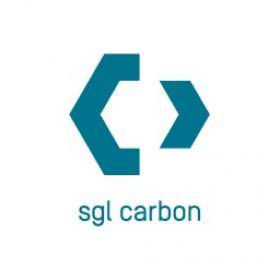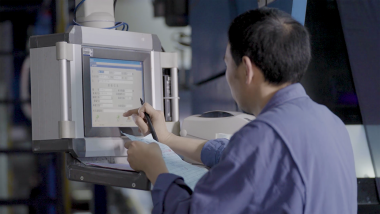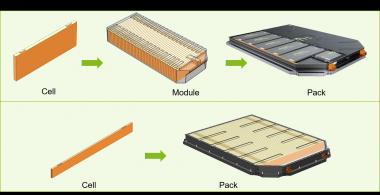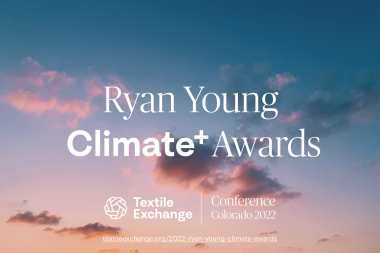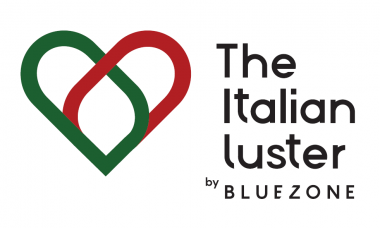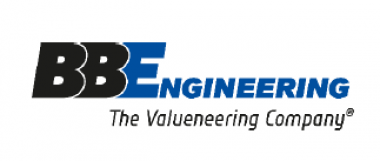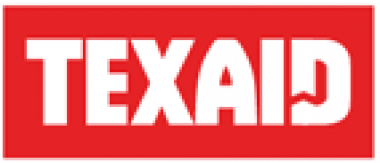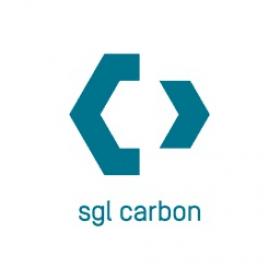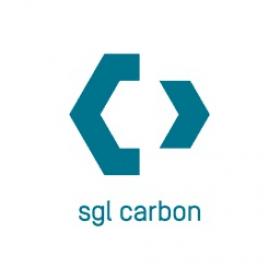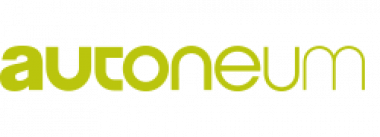SGL Carbon increases sales and earnings guidance again for 2022
Due to the continued good business development, especially in the Carbon Fibers Business Unit, SGL Carbon SE is increasing its Group sales and earnings guidance for the current fiscal year and now expects Group sales of approximately €1.2 billion (previously: approximately €1.1 billion). The company expects to achieve adjusted EBITDA (EBITDA pre = earnings before interest, taxes, depreciation and amortization before one-off effects and non-recurring items) of €170 - €190 million (previously: €130 - €150 million) in 2022.
Based on lower prices for acrylonitrile as main raw material of the Business Unit Carbon Fibers as well as higher than expected customer demand for acrylic and carbon fibers combined with consistently good production capacity utilization and capability, the management of SGL Carbon SE assumes an improved earnings development of this Business Unit.
SGL Carbon assumes that the factors mentioned will continue at least until the end of the year and that the earnings situation of the Business Unit Carbon Fibers will exceed previous expectations. Combined with the continued good business development of the other three Business Units (Graphite Solutions, Process Technology and Composite Solutions), an improvement in the sales and earnings situation at Group level is expected.
In line with the forecast increase for adjusted EBITDA (EBITDA pre) to between €170 and €190 million (previously: €130 - €150 million), the company is forecasting adjusted EBIT (earnings before interest and taxes and before one-off effects and non-recurring items) of between €110 and €130 million (previously: €70 - €90 million). The forecast for return on capital employed (ROCE) of originally 7% - 9% has been raised to 10% to 12% corresponding to the development of earnings. The expectations for free cash flow (significantly below previous year's level of €111.5 million) remain unaffected by the expected improvement in sales and earnings.
The updated forecast for fiscal 2022 has been prepared on the basis of the currently prevailing market environment and assumes no deterioration in the general conditions, in particular due to the war in Ukraine and its consequences for the global economy.
The definition of key figures used in this release is aligned to the Annual Report 2021. There were no changes in the scope of consolidation or accounting methods compared with the previous guidance.
SGL CARBON SE


